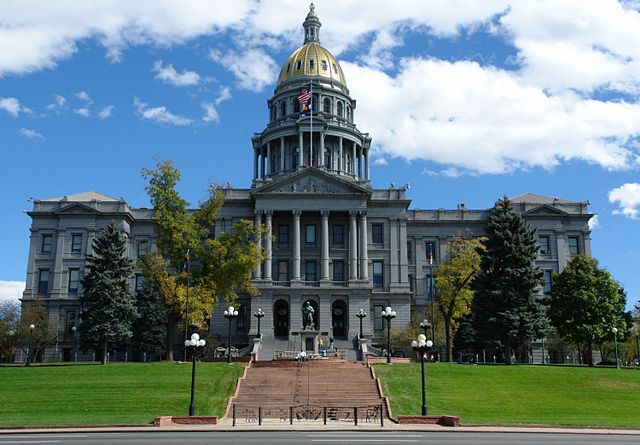Former Enron trader John Arnold has given large amounts of money to various public pension reform initiatives around the county in recent years.
Many of those measures mandate a shift to a 401(k)-style system, or allow benefit cuts.
Most recently, he gave $1 million in support of Proposition 487, a Phoenix ballot measure that would have shifted new city hires into a 401(k)-style system.
From Politico:
When former Enron trader and Texas billionaire John Arnold donated more than $1 million to a November 2014 initiative to reform the public pension system in Phoenix, Ariz., pension activists took notice.
Arnold’s donation to Proposition 487, also known as the Phoenix Pension Reform Act, constituted close to 75 percent of total donations for the ballot measure, which failed. Had it passed, it would have moved new state employees from a defined benefit plan into a less-generous (and less expensive) defined contribution plan such as a 401(k).
Despite his Arizona defeat, no one believes Arnold is done.
Arnold’s money has also been involved in reform initiatives in Kentucky, Rhode Island and California. From Politico:
In the 2014 cycle, Arnold and his wife donated $200,000 to a super PAC that supported Democrat Gina Raimondo’s successful gubernatorial campaign in Rhode Island. As Rhode Island’s state treasurer, Raimondo had enacted pension benefit cuts that cost her union support. Rahm Emanuel, who made similar changes to Chicago’s pension system, also received financial assistance from Arnold.
San Jose Mayor Chuck Reed, another Democrat, tried, unsuccessfully, to place an initiative on California’s November 2014 state ballot that would have allowed public employers, under specific circumstances, to reduce employee benefits and to increase contributions to underfunded plans. Arnold bankrolled the entire effort, to the tune of $200,000.
According to data compiled by the NPPC, based on donations disclosed on the website of the Laura and John Arnold Foundation and on news articles, Arnold has since 2008 spent more than $53 million on pension policy reforms, not all of it in the political realm. (In an email interview with Reuters, Arnold disputed those numbers.)
Other beneficiaries listed include universities and think tanks such as Brookings and the Pew Research Center. Much of the money was spent to support pension reforms, but some was spent on education reform. Both efforts, unions point out, tend to favor benefit cuts to public employees.
[…]
The Arnold Foundation is also participating in the Colorado Pension Project, chaired by former Colorado governors Bill Owens, a Republican, and Richard Lamm, a Democrat. As governor, Lamm drew national headlines 30 years ago when he said that elderly people who were terminally ill had a “duty to die and get out of the way.” (Lamm will turn 80 next year.) The Colorado Pension Project’s website says that recent legislative reforms to the state pension system — which reduced cost of living adjustments, raised the retirement age for new employees and increased employee salary contributions — did not go far enough. McGee said Arnold’s foundation was drawn to the state’s history of “fruitful left ideological discussions.”
Read the full Politico report here.
Photo by c_ambler via Flickr CC License

